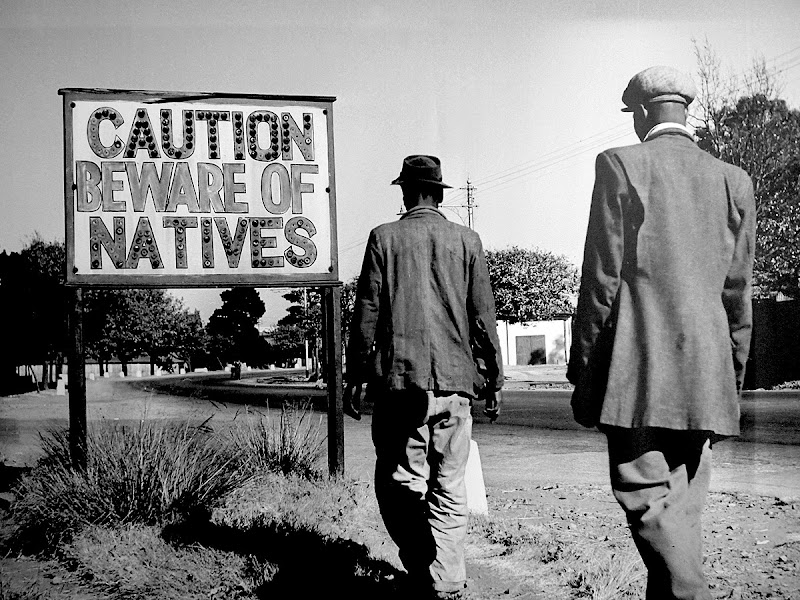"... we discussed the ageism that permeates our knowledge, our culture, and our daily lives. That this ageism appears among scholars should surprise no one. However, some might assume that those of a more critical bent, particularly feminist scholars, would be more aware of age-based oppression.

Nevertheless, feminists are not necessarily any more attuned to ageism than are other scholars. Despite their attention to power relations, their work, for the most part, also ignores age relations. On those relatively rare occasions when they do mention age, they either avoid old age or fail to theorize age relations as a unique inequality. Indeed, age-based oppression is treated as a given, mentioned in a way that is meant to indicate some lovel of shared understanding that "we all know what that is" - a black box to be taken for granted rather than opened and understood. Such theories of inequality imply but never declare who benefits from the oppression faced by the old." (Calasanti & Slevin, 2001:187).
- - - - - - -
- Calasanti, T. M. & Slevin, K. F. (2001). Gender, Social Inequalities,
and Aging. Walnut Creek et al.: Altamira Press
- photograph by Diane Arbus
via





























